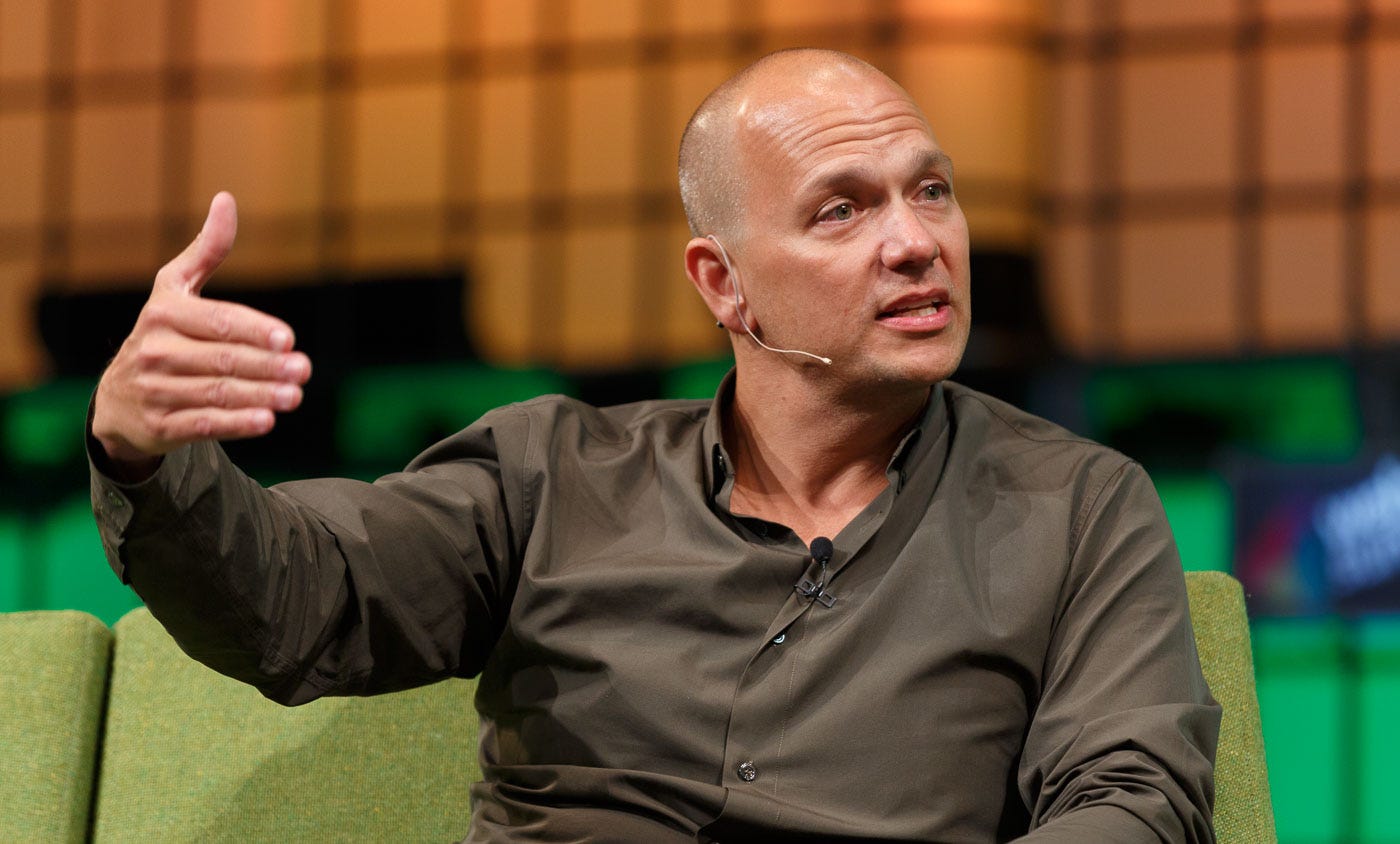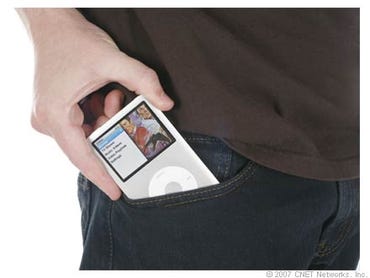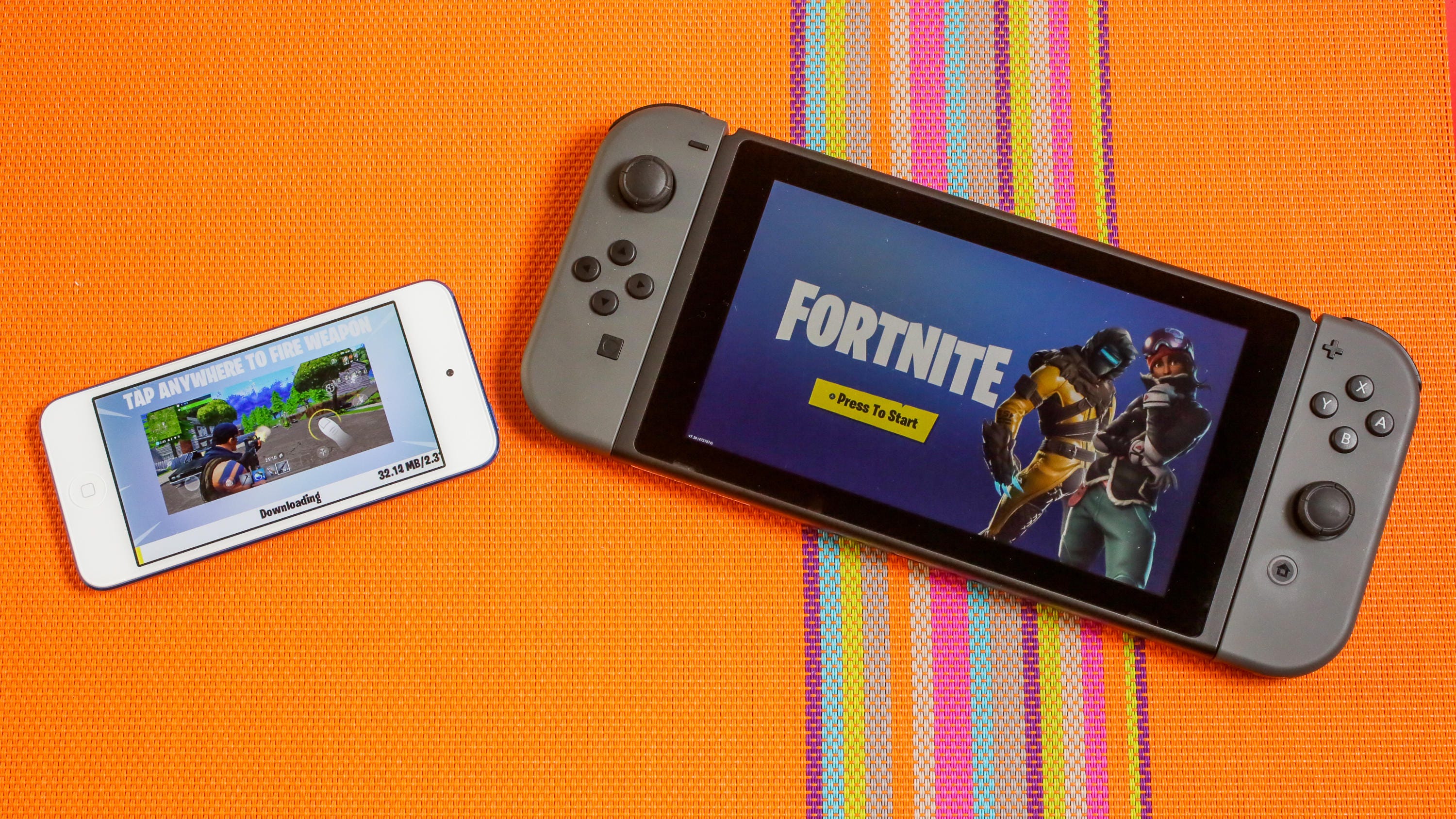For a long time, the iPod and Apple were synonymous — entities that were constantly morphing and shaping, rather than reacting to, the whims of users. Yet while Apple's fortunes are still on the rise, the iPod's light has dimmed and the iPhone commands the lion's share of attention. But the device that jump-started Apple's modern fortunes is still on sale after 20 years.
No, seriously.
After its release in 2001, the iPod, helped along by the iTunes music store, became one of the most iconic gadgets of all time, spawning a host of imitators and legitimizing the market of MP3 players that it dominated. The iPod has evolved and radically changed over time: It's now an iPhone without the cellular radio. But you can still buy an iPod Touch on Apple's website (you need to dig for it at the bottom of the home page), a testament to its remarkable longevity in an industry where last year's gadget is quickly forgotten.
Is the iPod still relevant in the 2020s? Let's look back at the iPod's history and examine what has contributed to its staying power, and where, if anywhere, it might be going.
The nostalgia machine

iPod inventor Tony Fadell
Stephen Shankland/CNETNostalgia is an emotion that keeps coming up when people talk about the iPod, but as any neuroscientist will tell you it's because music and memory are intrinsically linked. Tony Fadell, the former Apple executive who designed and built the iPod, was in a reflective mood as the music player's 20th anniversary approached.
"A lot of people still remember those iPod days," Fadell told CNET in an interview. "It was truly a superpower."
Fadell grew up listening to the Sony Walkman and, as fate would have it, was recruited by Steve Jobs 20 years later to craft what would be its digital replacement. The iPod soon became ubiquitous, so it's easy to forget that Apple didn't actually invent the digital music player. The first MP3 players — including the Rio PMP300 — preceded the iPod by three years, but back then MP3 was a mostly illegal and highly litigable format.
Fadell and his colleagues labored to create the iPod, which was unveiled on Oct. 23, 2001, barely a month after the events of Sept. 11. This was a portable music player with a 5GB hard drive, an easier way to load and buy songs, and the memorable tagline of "1,000 songs in your pocket." Apple was able to offer a portable music device — a physical object like the Walkman and the turntable before it — that combined with its digital iTunes platform. It could also play people's carefully pirated curated MP3 collections.
Nowadays, Fadell likens his iPod to a time capsule that he likes to visit from time to time: "You kind of jack in and you're like, 'I'm just right back to early 2000s music and the music before that.'"
Read more: 'Whoa whoa': iPod's inventor looks back on Apple's 'really big risks'
It's good to be the king

A true evolution.
iPod images composited by Sarah Tew/CNETThe iPod helped transform Apple from a struggling computer manufacturer to the world's biggest company. Fadell told me the team was flying by the seat of its pants when it put together the iPod. But producing the first model was only half the battle.
As with Apple itself, the secret to the iPod's longevity has been reinvention. The iPod went through multiple design changes in its lifetime — from a "dumb" music device packing a hard drive, to a screenless fob, all the way to what is now essentially a cut-down iPhone. While the focus has been predominantly on music, the device gained a series of features over time.
Fadell said the designers kept adding a little bit of capability each year so they "didn't overwhelm the users."
"You start with music, add some photos and podcasts and videos and games," he said. "So keep layering on and giving them something new."

The iPod Classic.
Corinne Schulze/CNET NetworksThis branching-out led to dozens of models over the years from the Nano to the Mini and ultimately to the Touch. To a modern eye, the most inscrutable of these is the iPod Shuffle — a player without a screen and just a simple set of controls — but its philosophy of "running your own radio station" has also driven streaming services like Pandora and Spotify. Even with all of these variations, the one that looms largest is the iPod Classic, with its iconic scroll wheel and chunky, clutchable shape.
Despite its evolution, Apple's principle of keeping listeners in its closed ecosystem has been the key to the popularity of not just the iPod, but modern devices like the iPhone and iPad. As part of this process, Apple funnels any third-party purchases through its own lucrative App Store. Fadell said that in the early days this was done to improve compatibility.
"It really all stemmed from iTunes and iPod and making them work incredibly seamlessly well."
The iPod also led to a number of inventions, including the Bluetooth speaker. The Bose SoundDock 10 was one of the first devices to incorporate both Bluetooth and an iPod dock. Then when Apple changed from the 30-pin plug to the Lightning connector — effectively killing the iPod dock — it was Bluetooth that proved to be the winning feature.

iPod docks like the Bose SoundDock paved the way for today's Bluetooth speakers.
BoseWe also wouldn't have podcasts without the iPod. It's in the name. It's an understatement to say that podcasts are raging right now. When septuagenarian Steve Martin makes a TV show about them you know they're a fully established part of the zeitgeist.
For a decade, the iPod and its many facets captured the public's imagination — the often-parodied, silhouetted iPod ads were seemingly everywhere — but the device's popularity was constantly tested, with the biggest threat coming from within Apple.
Pretenders to the throne
The music player has weathered a number of threats in its time, most of which were described as "iPod killers," from Microsoft's Zune to Sony's reinvented Walkman to high-end models from the likes of Pono.
None of these took off in the way their inventors hoped, with the iPod regularly grabbing roughly 80% of the market during its heyday. No, it wasn't other MP3 players that threatened the iPod, but a different type of device.
"The real competition came when cellphones started getting data -- cellphones starting to be 2.5G, starting to look like Sidekicks and starting to put on MP3," Fadell said.
The Motorola Rokr E6 bombed almost as soon as it hit shelves.
CNET NetworksApple flirted with these so-called "feature phones" by helping to create the infamous Motorola Rokr in 2005 — but that product wasn't a great phone and it was an even worse MP3 player. It was, however, the precursor to something that would become much more influential than the iPod.
In 2007, Apple launched its first iPhone on AT&T as an exclusive, and it was the logical evolution of the company's ideas. It was so much more than an iPod with an antenna in it. This device was simple to use and it could play music, browse the web and make phone calls. It wasn't until the iPhone 3G, which benefited from lower pricing, a faster cellular connection and the newly introduced App Store, that people began flocking to buy the device.
Pockets and pocketbooks are only so deep, and so Apple's fans reached the point where they had to choose between the two devices. "People are only going to carry one device. Which one is going to be their go-to device — communication or media?" Fadell said.
Despite new and more convenient shapes and sizes, including sports-friendly clips, the iPod's days were now numbered, and the company itself was the one to blame. Even Apple recognized that.
"We expect our traditional MP3 players to decline over time as we cannibalize ourselves with the iPod Touch and the iPhone," Peter Oppenheimer, Apple's chief financial officer said in July 2009, as reported by MacWorld.
The slow decline
When I spoke with Roger Cheng, CNET's head of news, about writing this piece, he responded with: "Is the iPod still alive? Oh damn it is."
After 2010, the rate of iPod releases slowed as more people spent their money on iPhones and rival Android phones instead. The various models started disappearing from the company's lineup. We said goodbye to the iPod Classic in 2014 and, more recently, the iPod Nano and iPod Shuffle.
Streaming music services were the final dagger since their introduction in the early 2010s. Users no longer had to load phones with songs beforehand when they could listen to music anywhere with a cell connection. With an iPod Touch you either had to remember to download songs for offline listening or, more likely, stay tethered to a Wi-Fi network to stream your Spotify playlists.

The iPod Touch (2019) versus the Nintendo Switch.
Sarah Tew/CNETThe most recent version of the iPod came out in 2019 and it was a chance for the company to attempt another reinvention. The iPod Touch's launch coincided with the release of the Apple Arcade, the company's first gaming subscription service, and the iPod was now pitched as a complementary gaming device.
The issue was that the iPhone was always a more popular gaming device than the Touch, and at prices between $199 and $399, gamers were more attracted to the shiny, new Nintendo Switch instead. Of course, the Switch can't take photos or browse the web, but in his review of the 2019 iPod Touch CNET's Patrick Holland called it "the most adorable piece of nostalgia you don't need."
In one interesting footnote to the iPod's 20 years, the device has outlasted the MacOS program that launched it — Apple iTunes — as it was replaced with Music once Catalina debuted. (iTunes does still exist on Windows.)
Apple didn't respond to my requests for comment on this story, and when I contacted market research firm NPD for sales data, the company said that sales had been "pretty minimal over the last 5 years or so." The fundamental question remains: Is it a matter of when, and not if, the iPod Touch will be the next to go?
What is the future for the iPod?
Despite the powerful feelings that nostalgia evokes, it's unlikely that the iPod can enjoy another renaissance in the way that other products have. Single-use devices like the Switch and the iPod Classic are now becoming rarer, and many electronic gadgets can do a bunch of things reasonably well. The problem for Apple is that there are many devices that can do what the Touch can do, and they can work as a telephone too.
For 10 years, Apple and the iPod were inexorably linked — one's fortunes were tied to the other. Those days have passed now thanks to the iPhone, a resurgence of Macs and a slew of accessories. Nowadays, the iPod's legacy is more substantial than its sales.
Yet the iPod Touch still hangs around the site, even if it takes a bit of work to find it. It's unclear why Apple keeps it around — respect? nostalgia? — but what's more certain is the legacy that the iPod created and that informs new products such as the AirPods 3.
It's been two years since the last version of the iPod, which will likely be the last. If this model disappears quietly with another site redesign, as did the iPods before it, we'll go rooting through the bottom drawer for a 30-pin adapter to remind us of the good times. Ours and Apple's.
"still" - Google News
October 21, 2021 at 07:00PM
https://ift.tt/3m9ysd2
Apple's iPod turns 20: How it is still on sale - CNET
"still" - Google News
https://ift.tt/35pEmfO
https://ift.tt/2YsogAP
Bagikan Berita Ini














0 Response to "Apple's iPod turns 20: How it is still on sale - CNET"
Post a Comment